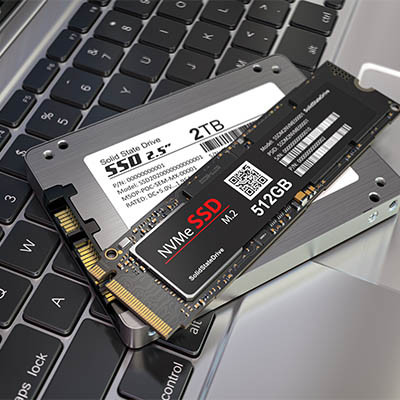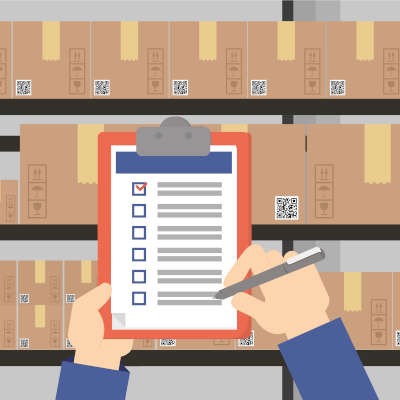As a business owner in a sector that is not necessarily dedicated to technology, chances are that you do not need to know everything there is to know about computer hardware. That being said, it helps to have a passable knowledge of the various hardware terms you might use on a daily basis. This will especially make it easier for you to talk to your technician or your service provider—whoever handles your technology.
Cerberus IT Solutions Blog
The pandemic placed a heavy emphasis on the capabilities for organizations to shift to remote operations, and if you were one of the many companies to seek additional equipment and hardware to make this happen, you might have noticed a lack of product out there. The global chip shortage has made it difficult for companies to procure new equipment, but there is another darker side to this story, particularly in regards to issues in the supply chain.
When you work from home for any length of time, you’ll come to understand that there are certain things that you need in order to get your job done. Depending on the type of work you do, you could need different tools. Today, let’s take a look at some of the most important tools your business can use to find success with a remote workforce.
When you are looking to buy a new computer, you need to consider the options available for data storage. This is especially true if you are looking to replace a computer used by several users. The more people that use a computer the more files will likely be stored, after all. Today, however, there is another determination to be made: how fast is your storage device?
Laptops are pretty great. They’re powerful, yet portable computers that can be brought effectively anywhere work needs to be done. That being said, there are a few drawbacks that can irritate many users to some extent. For instance: trying to click-and-drag your cursor as you are using the trackpad. For this week’s tip, let’s go into a feature that you can use to make this process a lot simpler.
Five months into the COVID-19 pandemic, many businesses have resolved to shift their operations and replace a lot of their onsite computing hardware with cloud solutions. While the cloud has proven to be a great method for businesses to obtain the resources they need without investing in the associated costs of a hardware refresh, its other costs could prove problematic. Let’s examine your options briefly and try to establish a sense of value.
While stocking up ahead of time may be a sound strategy for things like breakfast cereal and toilet paper, the same cannot often be said in your business. In fact, excess inventory can sometimes cost your business a lot of money. That’s why we figured that we would discuss how an inventory strategy can help prevent redundant spending in your business.
We all store data on our computers. Whether you have family photos and text documents on your home computer, or databases and on-premises applications running your entire business, data is typically stored in exactly the same way. If you knew how delicate your data actually was, you’d never let a single file exist in one place ever again. Let’s explore that.
Most smartphone users like to get a new phone every year or two. This isn’t just because the hardware or software on newer devices are better, but because after two years, many people have dropped their devices a half dozen times and there are cracks and dings in the device. After two years most device’s batteries start to degrade. Some newer software isn’t compatible or won’t run on older devices. Whatever your reason is for getting a new smartphone, you should know that your old smartphone still has some value. For this week’s tip, we’ll outline some ways you can use your old mobile device:
Your business is always looking for ways to improve its operations. The more efficiently you do business, the more productive your company will be. To accelerate this growth many businesses look to information technology to build that added efficiency. Today, we will go over when you should consider upgrading your systems, and what benefits you can see from doing so.
While we don’t mean to gross you out, your computer can be a pretty dirty place - and considering that we have our hands all over it (and who knows what else) all day, it seems a little obvious. What is also obvious is the idea that perhaps it should be cleaned once in a while. Here, we’re giving you a few tips to help you to do so safely.














